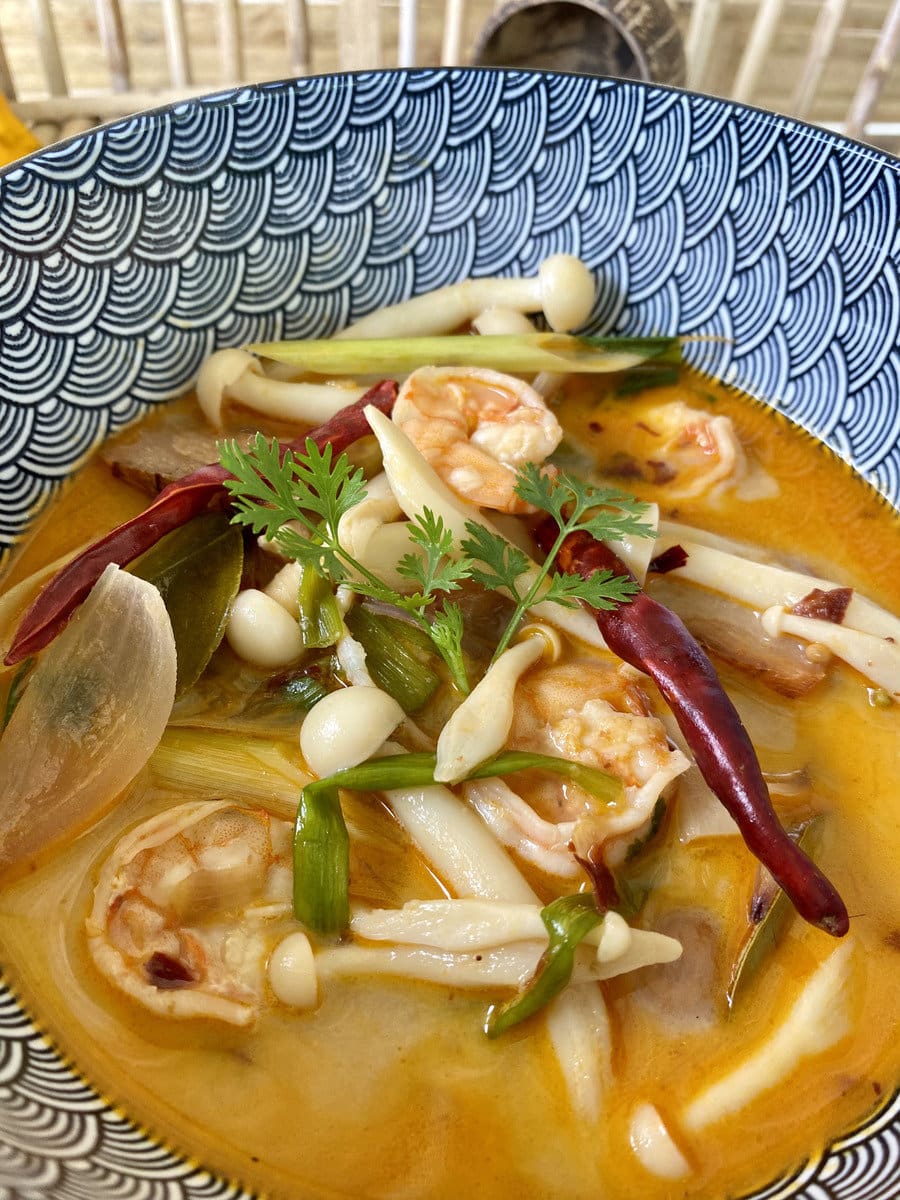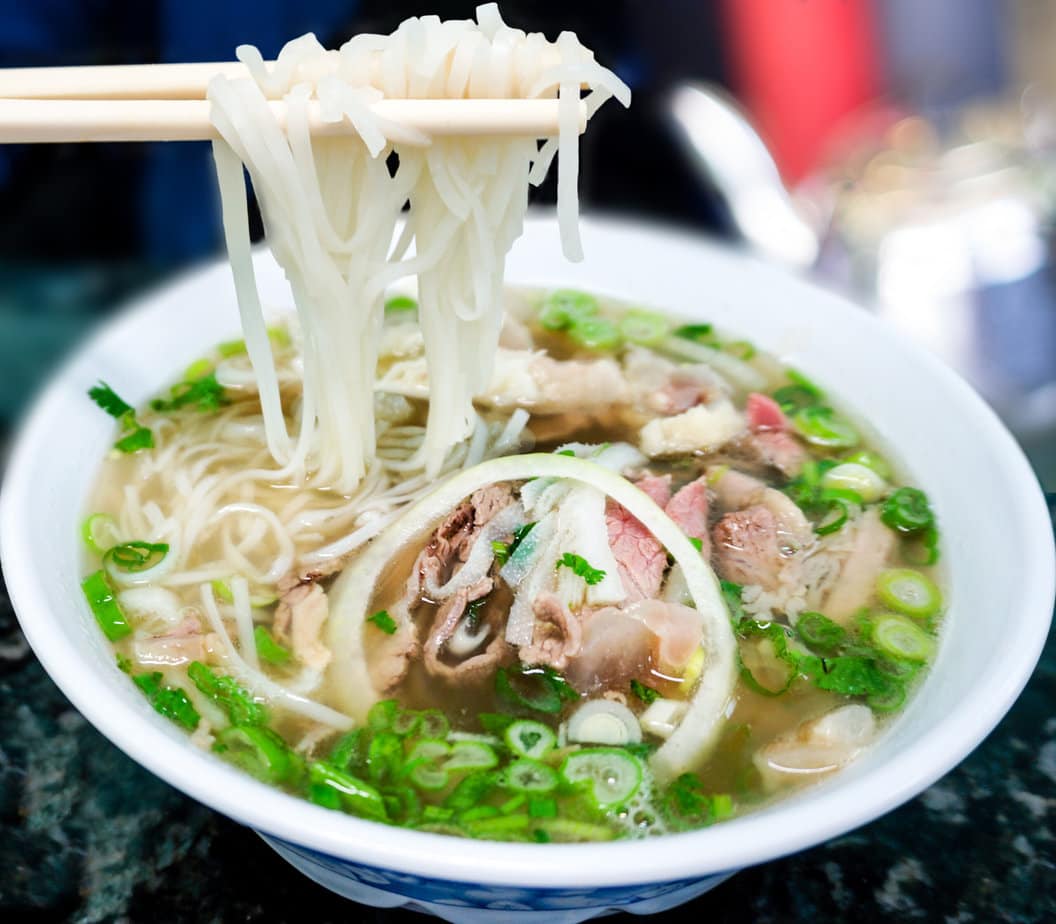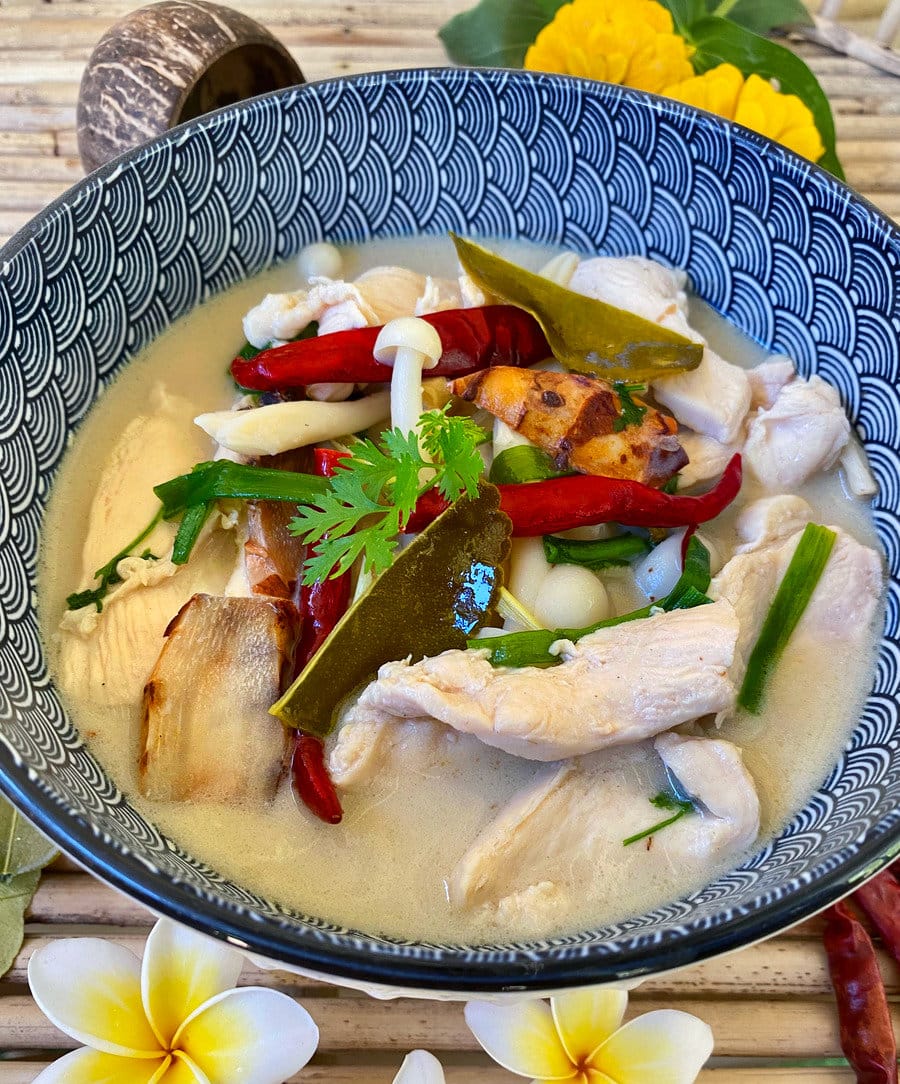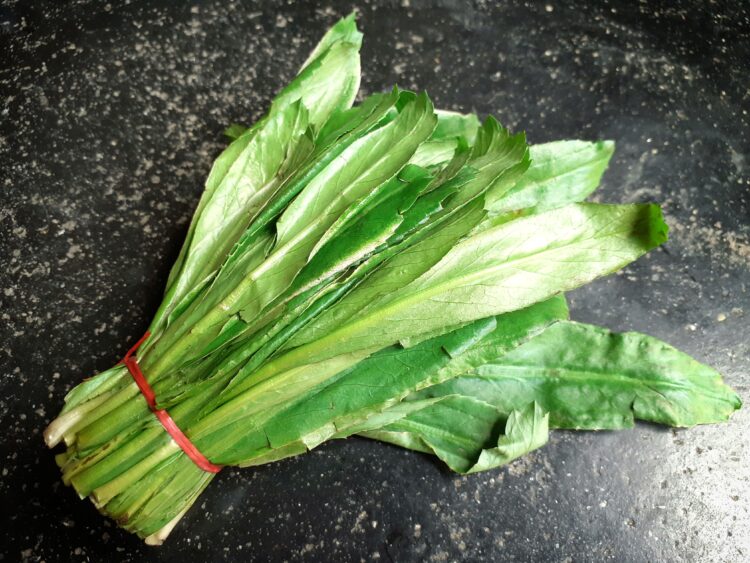Culantro, scientifically known as Eryngium foetidum, is a tropical herb native to the Americas and the Caribbean. It is similar to cilantro in aroma and flavor, but is distinguished by its long, serrated leaves. Its intense flavor and its ability to be added during cooking make it unique (cilantro is generally not cooked but used as a garnish). Culantro is commonly used in Caribbean cuisines, Central and South American dishes, and in Asian cuisines such as Thai cuisine or Vietnamese
What is Culantro?
Culantro, or long coriander, grows in a rosette similar to lettuce and can reach about 30 cm in height with leaves up to 5 cm wide. A member of the Apiaceae family, culantro is related to carrot, celery, parsley and parsnip. It is used in cooking for its strong flavor and in traditional medicine. Native to the tropical regions of the Americas and the Caribbean, culantro differs from cilantro, which originates from the Mediterranean basin.

Culantro vs. Cilantro
Although botanically related, culantro and cilantro look very different. Culantro has long leaves that form a rosette, whereas cilantro has small rounded leaves. Culantro is a biennial plant, unlike cilantro which is annual. In terms of flavor and aroma, culantro is much more pungent than cilantro.
The Taste of Culantro
Culantro has a pungent, bitter flavor similar to cilantro but stronger with a citrus note. Some descriptions mention a smell of crushed stink bugs or bedbugs. This strong flavor can be divisive, but it adds an extra dimension to dishes.
Culantro in Cooking
The leaves of culantro are the preferred part of the plant for cooking. Culantro can be incorporated into almost any dish where cilantro is used, although in smaller amounts when replacing the latter. In some Vietnamese pho soup recipes, the roles of cilantro and culantro are reversed, with cilantro being cooked and culantro (ngo gai) added as a garnish.
It is also used in Thai beef tartare where it brings delightful freshness

Where to Buy Culantro?
Culantro is less common than cilantro, especially outside Caribbean and Latin American regions. You can find it more easily in international markets. Culantro is also fairly easy to grow, and its seeds are widely available.

Storing Culantro
Fresh culantro should be wrapped in paper towels and then stored in the refrigerator in plastic bags or airtight containers. It is advisable to rinse and dry the leaves before cooking with them, and they will keep for about a week when properly stored.

